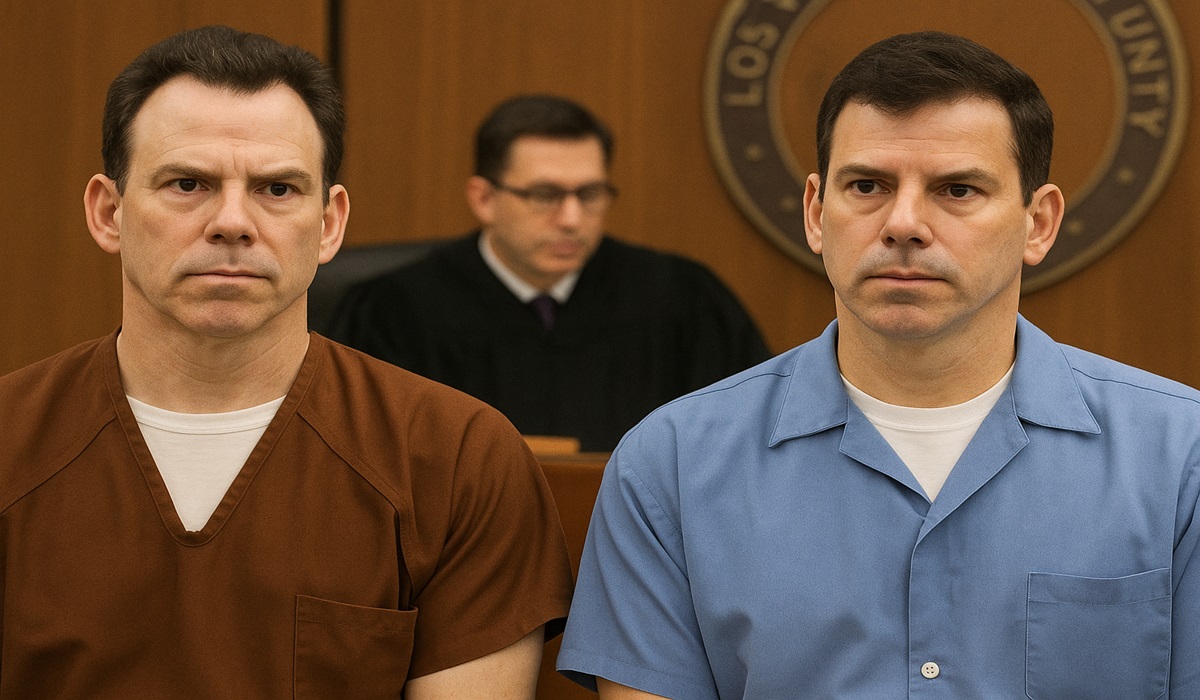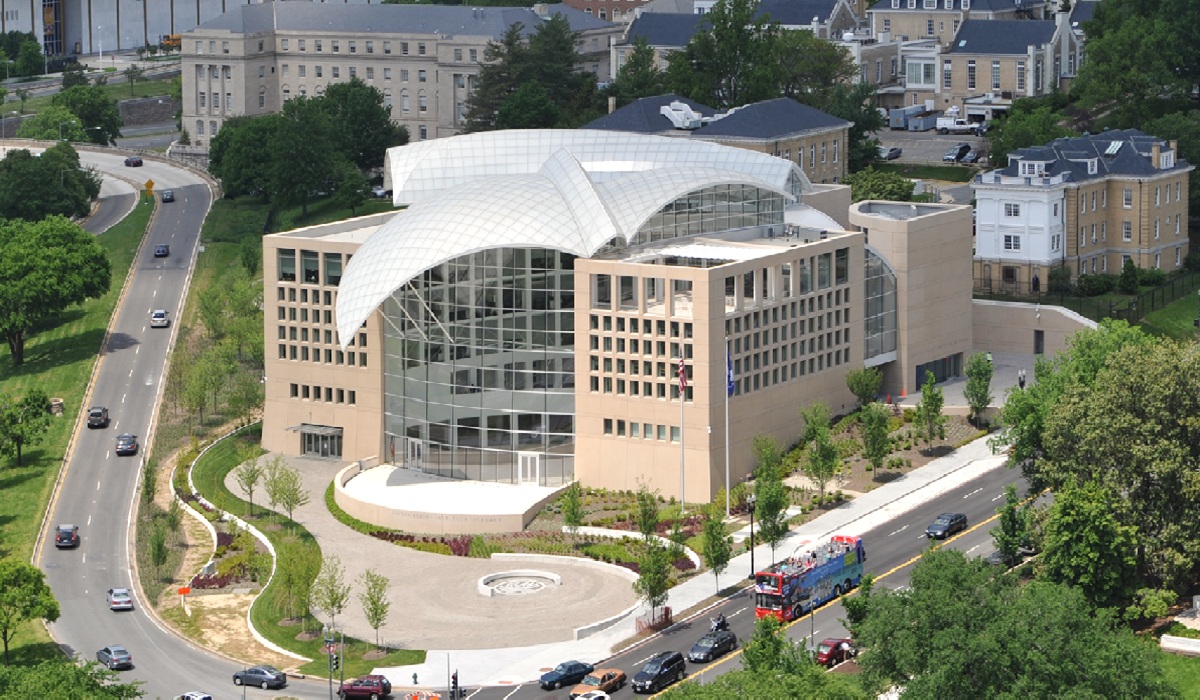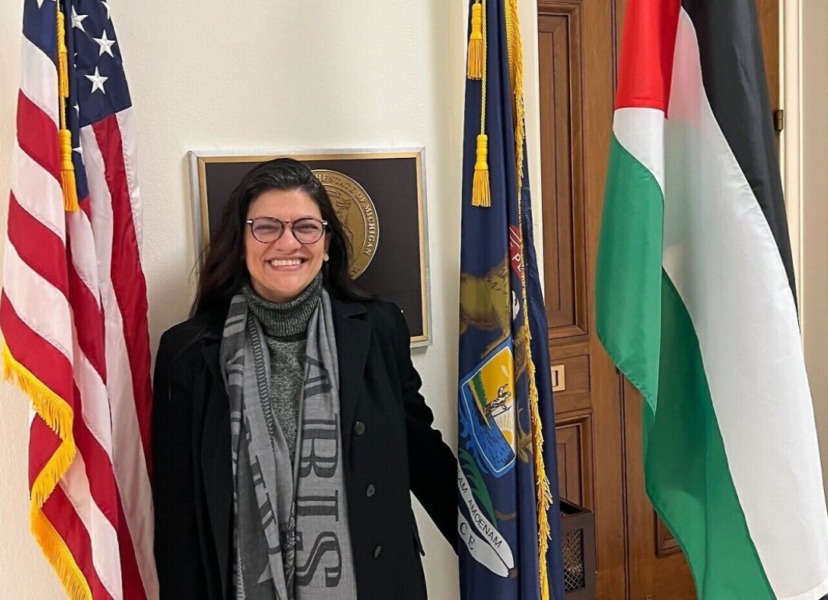Menendez Brothers Resentenced: Justice Reconsidered After 35 Years Behind Bars
- Naomi Dela Cruz
- U.S.A
- May 14, 2025

After more than three decades in prison, the infamous Menendez brothers—Lyle and Erik—were granted a legal reprieve that may open the door to freedom. On Tuesday, Los Angeles County Superior Court Judge Michael Jesic altered the trajectory of one of America’s most sensational murder cases by reducing their sentences from life without the possibility of parole to 50 years to life. This landmark decision renders them eligible for parole, forcing a nation to once again confront a haunting crime, shifting legal standards, and the possibility of redemption.
The Menendez brothers were convicted in 1996 for the brutal 1989 shotgun murders of their parents, José and Mary “Kitty” Menendez, in the family’s upscale Beverly Hills mansion. Erik was 18 and Lyle 21 at the time of the killings. The prosecution painted them as spoiled rich kids driven by greed to inherit their parents’ fortune, while the defense portrayed a much darker family portrait—alleging years of sexual, psychological, and physical abuse at the hands of their father. The jury eventually found them guilty, but the nation remained divided on whether justice had truly been served.
Now, over three decades later, their case is being reconsidered not based on emotion, but on the evolution of California law and a broader understanding of how trauma, particularly childhood abuse, intersects with violent crime. At the heart of the resentencing is the state’s youthful offender law, which has shifted the legal landscape by acknowledging that young adults often lack the neurological maturity of older adults, making them more susceptible to coercion, manipulation, and impulsive behavior. This law now requires parole consideration for offenders who were under 26 when they committed their crimes, provided they have served a minimum of 25 years and demonstrate genuine rehabilitation.
Judge Jesic’s ruling did not absolve the brothers of guilt, nor did it grant them immediate release. Instead, it recognized that punishment in perpetuity without any hope of reintegration fails to account for the capacity for change. Over the past 35 years, Erik and Lyle Menendez have reportedly demonstrated exemplary conduct in prison. Erik has helped run a hospice program for dying inmates and participated in education and counseling programs, while Lyle has mentored younger inmates and earned multiple college degrees. Their defenders argue this is not merely about good behavior, but about transformation rooted in accountability, healing, and remorse.
The ruling also comes amid renewed scrutiny of the brothers’ original abuse claims. In recent years, new evidence has surfaced, including a letter Erik wrote before the murders describing his father’s alleged abuse. Additionally, former Menudo band member Roy Rosselló publicly accused José Menendez of sexual misconduct, bolstering longstanding suspicions that the Menendez household concealed a horrific secret that had gone unheeded for years. Though these revelations do not change the fact that two lives were violently taken, they have added context that today’s justice system cannot ignore.
Despite the judge’s decision, the path to parole is far from guaranteed. The California Board of Parole Hearings must now evaluate whether either brother poses a continued risk to society and whether their rehabilitation is meaningful and sustained. Even if the board grants parole, the final decision may still rest with the governor, who retains authority to block it. The Menendez brothers, now in their 50s, may still wait years before they see the outside of a prison.
Their resentencing has sparked fierce debate. Advocates for criminal justice reform see it as a necessary correction in a system too quick to dismiss youth and trauma. Opponents, including some prosecutors and members of the public, argue that the gruesome nature of the crime and the deliberate cover-up that followed should exclude them from any form of leniency. For many, the idea of parole for men who killed their parents in cold blood remains unfathomable.
Yet California’s legal system has steadily moved away from absolute punishments for young offenders. This is not an isolated incident, but part of a broader reckoning with how justice is dispensed in cases where trauma and immaturity intersect with violence. The Menendez brothers’ story, once reduced to tabloid spectacle, now serves as a test of whether society believes in the possibility of redemption—and if so, who is deemed worthy of that second chance.
Whether parole is granted or denied in the future, Tuesday’s ruling will go down as a moment when justice looked back—deep into the past—and dared to change its mind. In doing so, it reopened an old wound, but perhaps also signaled the beginning of a different conversation: not just about the Menendez brothers, but about the evolving nature of justice itself.








